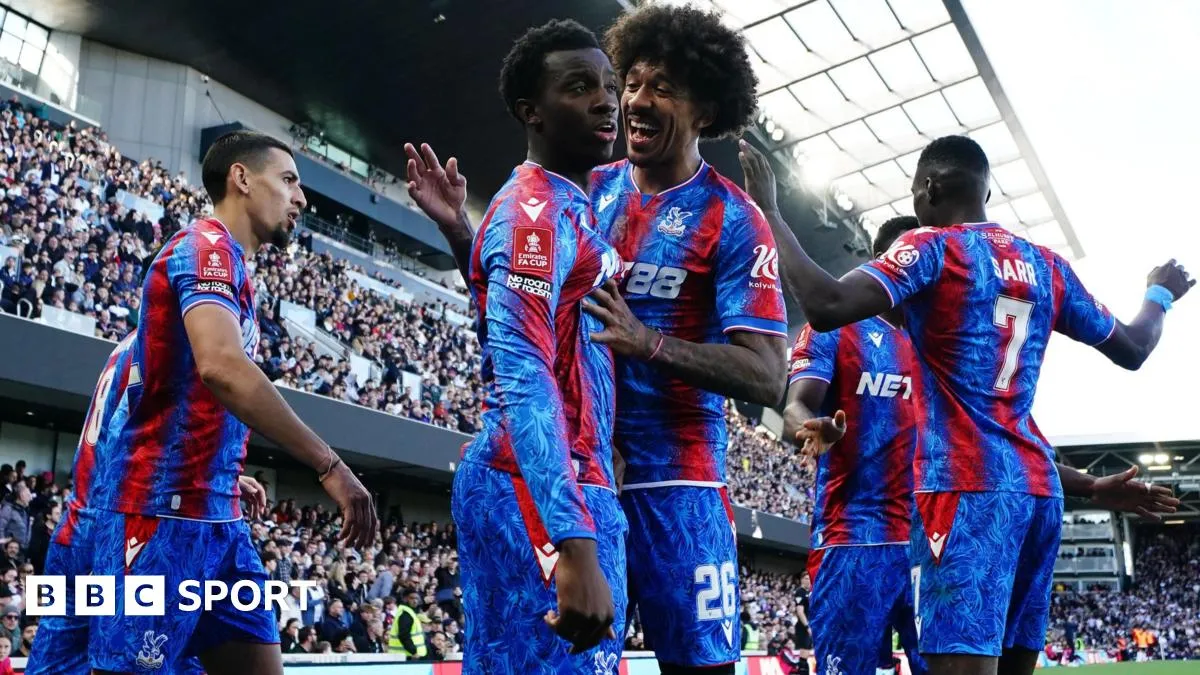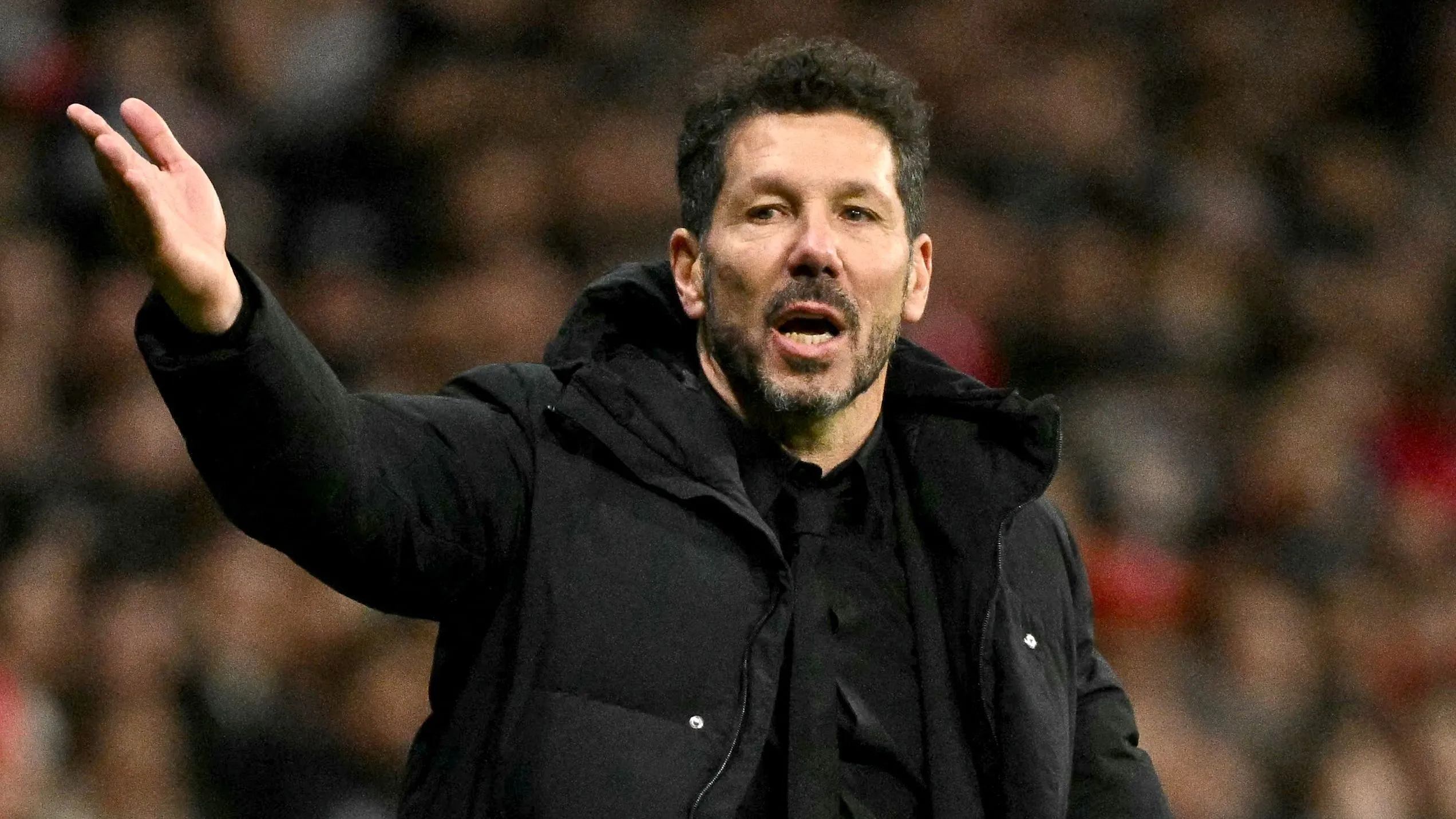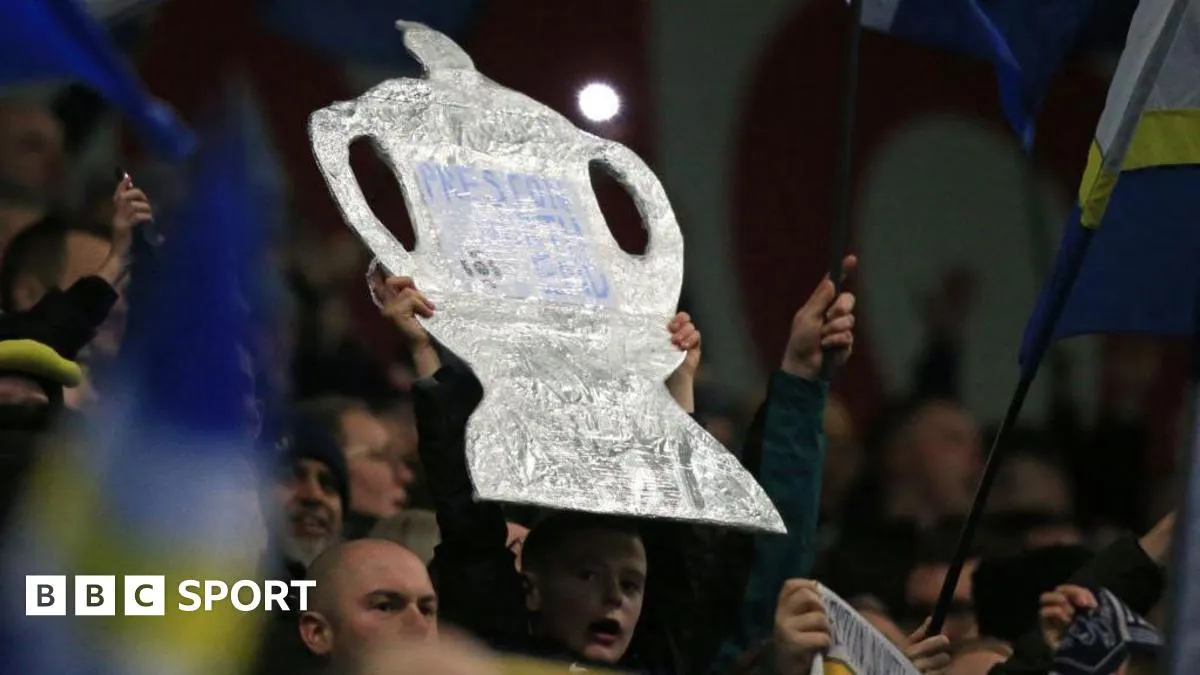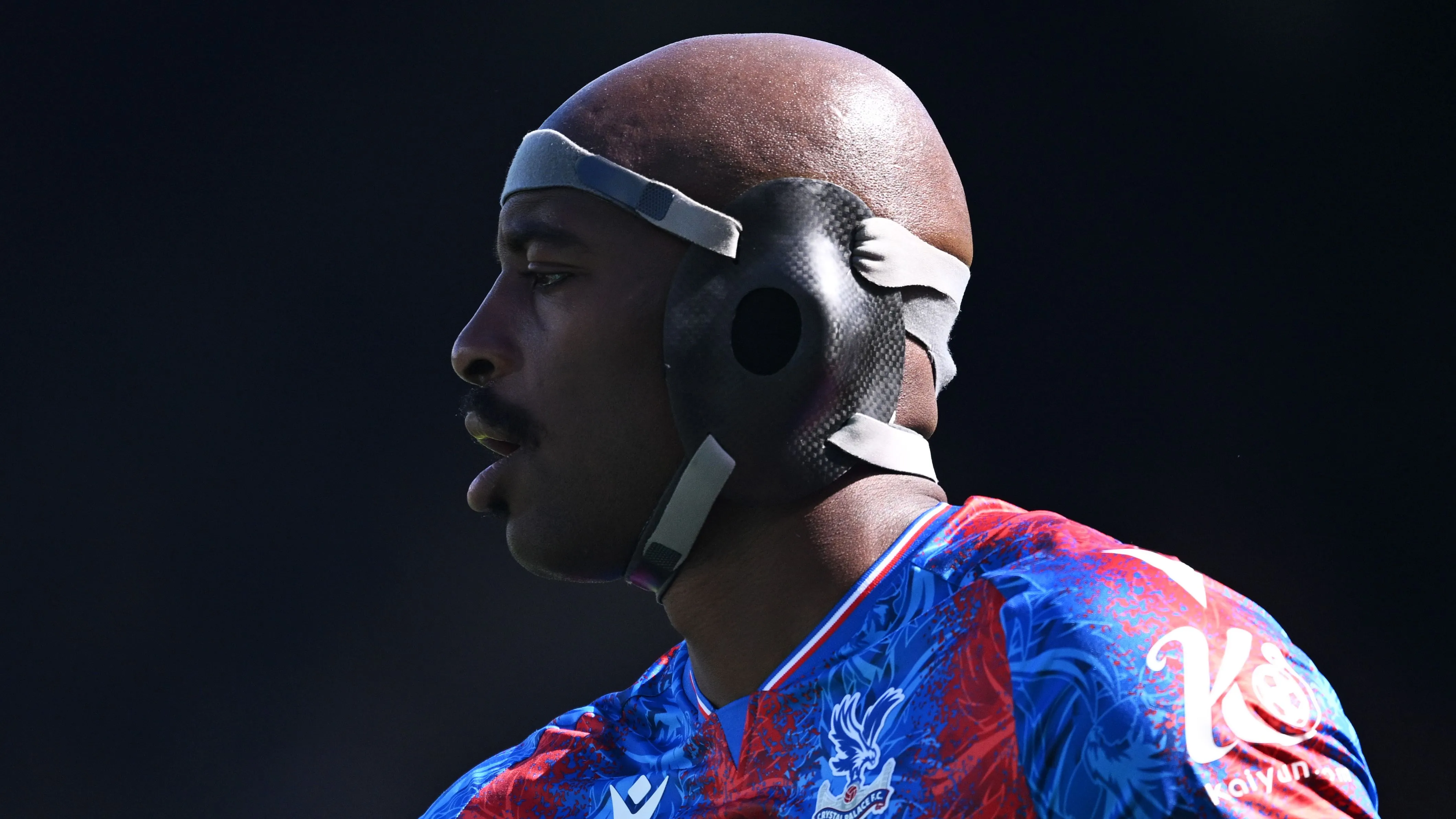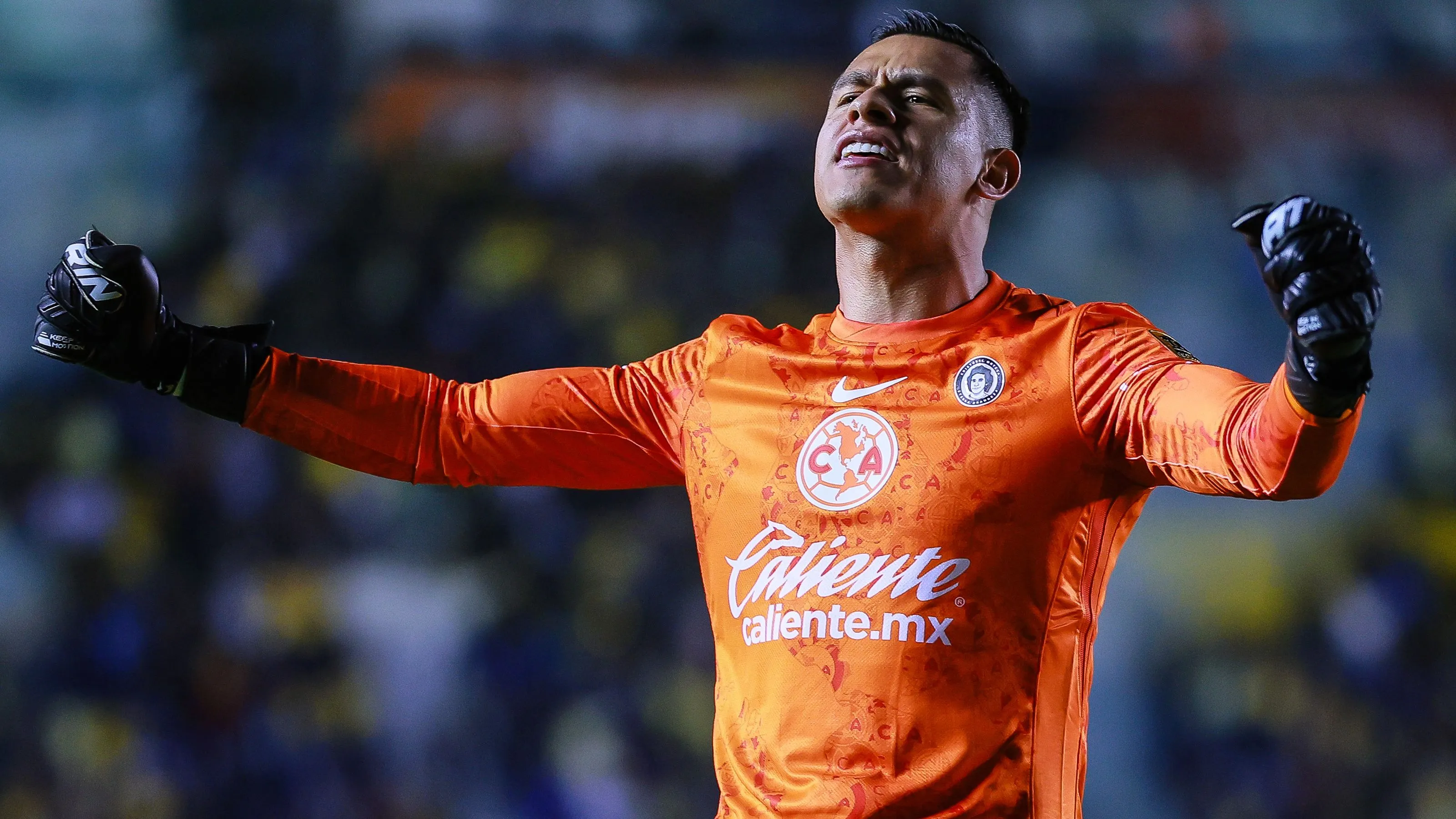
The transfer of Cucho Hernandez from Columbus Crew to Real Betis for $16 million marks a significant milestone in Major League Soccer's evolution within the global soccer ecosystem. While losing arguably the league's second-best player behind Lionel Messi might sting for fans, it validates MLS's growing role as a talent factory in world football.
For Hernandez, the move to Spain's La Liga presents an opportunity to showcase his abilities on a larger stage. Playing in the football-passionate atmosphere of Spain, rather than the industrial midwest of Columbus, could enhance his chances of making Colombia's World Cup squad - a reality of modern football's hierarchy.
The timing of this transfer reflects a broader trend in MLS's market positioning. Seattle Sounders coach Brian Schmetzer highlighted this shift at MLS Media Day when discussing young talent Obed Vargas. "Let's just say he has a good game against Atletico Madrid. Does that make his market value go higher?" Schmetzer told GOAL, emphasizing the league's growing awareness of its role in player development and transfer market dynamics.
MLS has carved out a unique position as a bridge between South American talent and European football. NYCFC Sporting Director David Lee acknowledged this evolution: "What has been proven is that there have been examples of players that have come to MLS in America and gone on to have successful careers in Europe."
This intermediary role has caught the attention of European clubs. Mallorca sporting director Pablo Ortells noted to GOAL: "MLS is a league that is growing day by day...I think South American players years ago went directly to Europe, and now there are a lot of South American players that are going to MLS, and after MLS, they are coming to Europe."
Recent success stories validate this approach. Atlanta United's remarkable summer transfer window saw them collect over $50 million from the sales of Thiago Almada, Caleb Wiley, and Giorgos Giakoumakis. Other notable transfers include Jhon Duran's move that netted Chicago Fire and MLS more than $30 million, and successful deals involving Ricardo Pepi, Miguel Almiron, and Alphonso Davies.
While the departure of stars like Hernandez and potentially Lucho Acosta might concern some, it demonstrates MLS's maturation in the global transfer market. In a sport where only a handful of clubs - Manchester City, Real Madrid, and PSG - can truly avoid being "selling clubs," MLS's ability to identify, develop, and transfer talent has become crucial to its long-term relevance in global football.
The league's position may never rival Europe's top five leagues, but it has established itself as a legitimate stepping stone for ambitious players. This role, while perhaps not initially envisioned, has become vital to MLS's identity and sustainability in the international football landscape.


